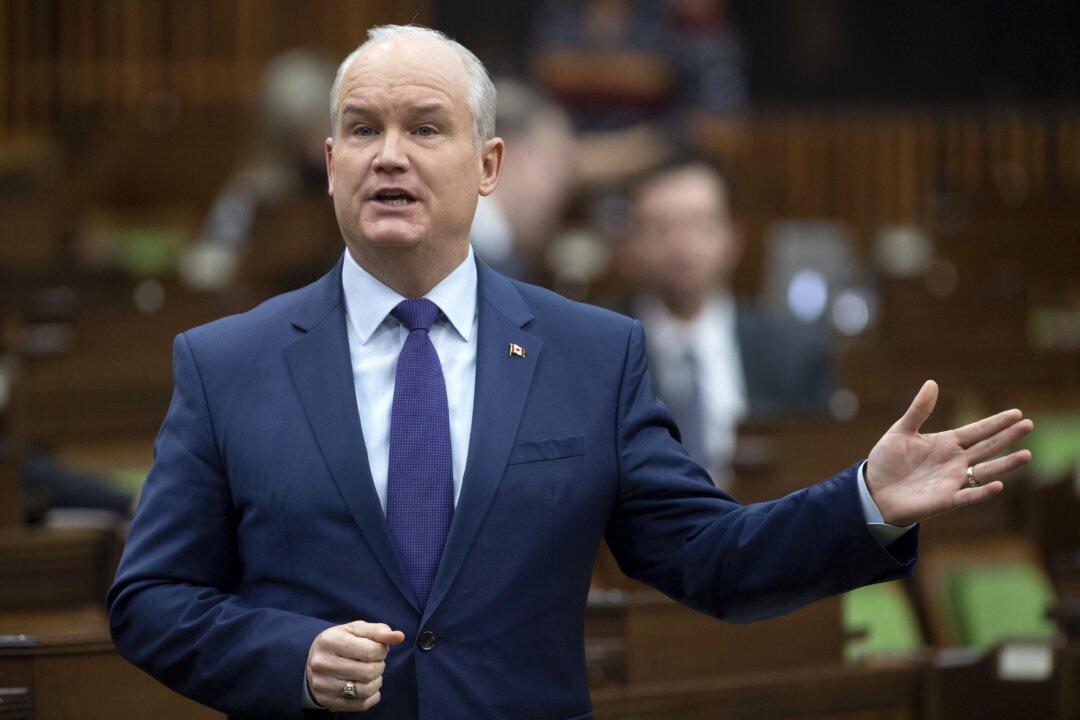Former governor general David Johnston, whom Prime Minister Justin Trudeau appointed as special rapporteur to investigate foreign election interference, did not use any information given him by the previous Conservative Party leader Erin O‘Toole to draft his forthcoming report on interference in Canada’s last two elections, according to O’Toole.
O'Toole, who was the leader of the Conservatives when they lost to the Trudeau Liberals in the 2021 general election, has alleged in the past that interference activities carried out by the Beijing regime cost his party seats in the election.





